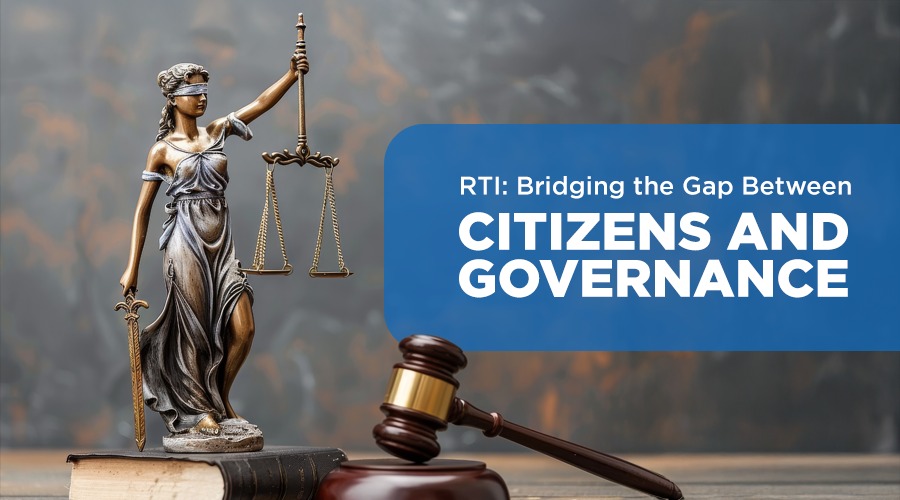Participatory Democracy Fellowship Program (PDFP)
About Fellowship
Participatory Democracy Fellowship Program (PDFP) is an initiative of the Bangalore Political Action Committee (B.PAC) to bridge the gap between classroom learning and on-ground experience for public policy students. Education in Indian public policy is broadly an interdisciplinary program that has developed alongside a deepening relationship between the state, markets, and civil society. As a result of this deepening partnership, students of public policy are found working in political, corporate, government, and grassroots organizations. While this is a welcome development, both the curriculum and the students need to have a more critical dialogue and re-evaluation, as this field of study can change or reimagine people’s futures. Through this fellowship, we aim to build a clear sense of practice for the students of Public Policy. The fellowship expects to lay the groundwork for them to grow powerful analytical skills along with an ‘ear to the ground’ instinct to become inspired change-makers.
The Objective of the Fellowship
There are two forms of public policy curriculum within academic institutions. On the one hand, there is a curriculum that trains students in a battery of quantitative approaches to make them influential policy analysts and, on the other hand, there is a curriculum that aims to include a multidisciplinary viewpoint with an emphasis on execution to yield change-makers. As it needs strategic collaborations, a change from conventional teaching approaches, contextualizing problems, and a willingness to listen to a wide variety of voices, the latter of these curriculums have only achieved varying degrees of success. Bangalore Political Action Committee (B.PAC) has initiated this fellowship recognizing the need for having such on-ground programs for the upcoming change makers.
Students preferring to work with ward-level members of people would subject them to a multitude of issues that we see in our society’s proper governance. This opportunity will allow them to explore and expand on domain-specific interests in the future and will be an inclusive experience for them.
Main Objectives:
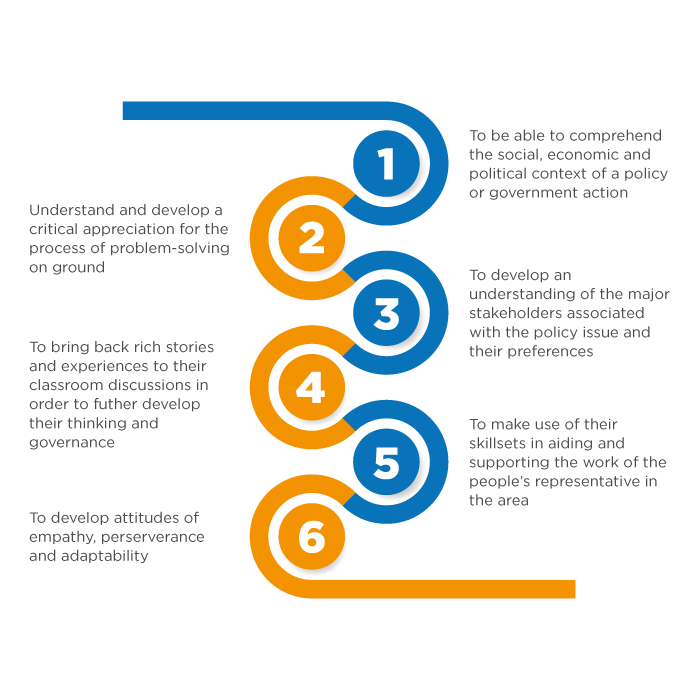
Role of B.PAC
Developing Projects that take theoretical constructs into account and then tinkering, innovating, and applying them in a real-world context. The development of new information, ideas, and action will hopefully see this promising partnership with B.PAC.
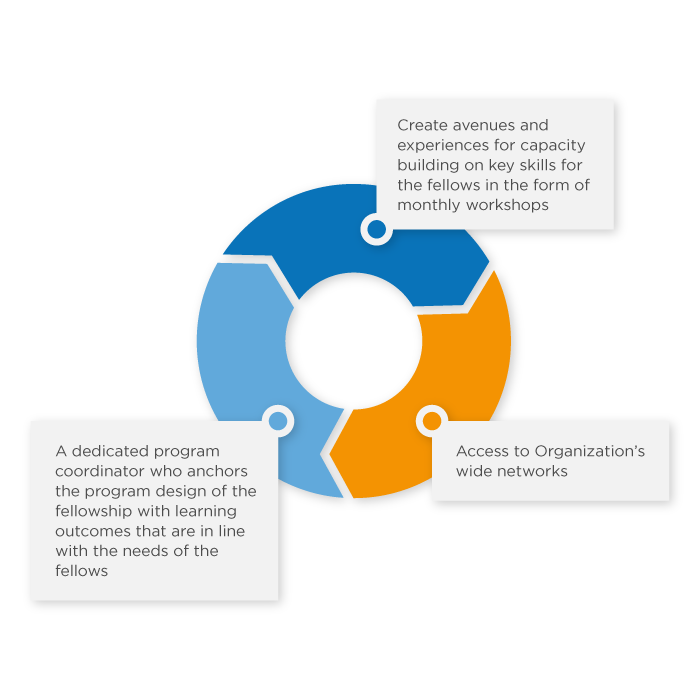
Become Fellowship Anchors
Current Anchors
We are currently working with the MCC Department of Public Policy –
No application process. We can add the college/department level tie-up.
Become A Fellow
Eligibility for Fellows
- Students of Post-Graduate Programs/ relevant Graduate programs
- Students who are currently pursuing Graduation or above
- Keen on understanding politics and public policy
- Good communication and interpersonal skills
- Willingness to learn while participating in activities as needed
- Basic understanding of Kannada is an added advantage
Expectations From A Fellow
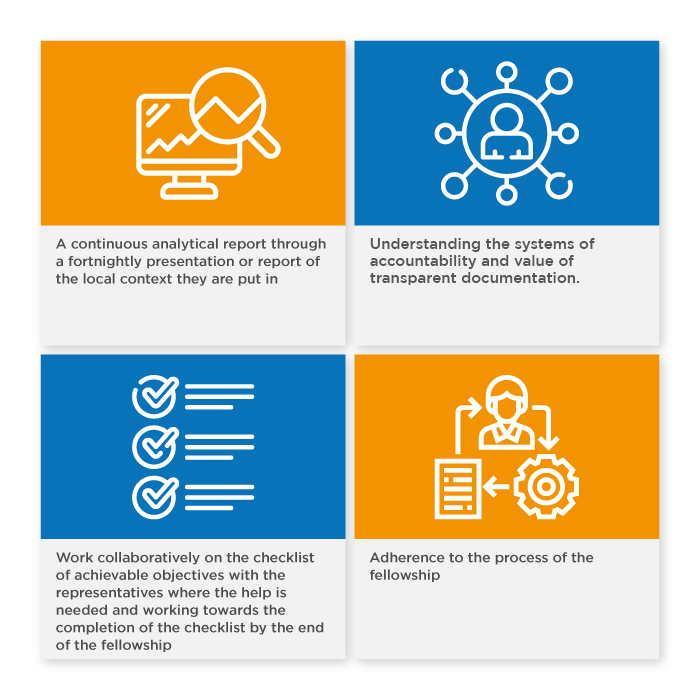
TESTIMONIALS
FELLOWS
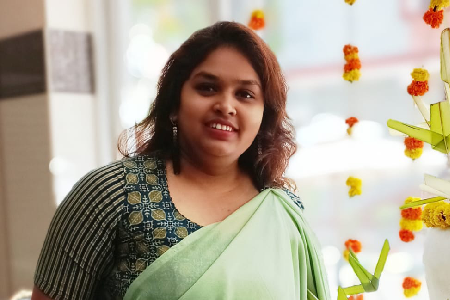
1. Dr Kavya K,
– Head of Department, Public Policy
- ‘Having to see an idea come to life, being nurtured by a group of like-minded people at progressive and inclusive organizations such as BPAC, meticulously planned by effective leaders, executed diligently by MA Public Policy students of MCC and most importantly work being recognized and appreciated while students are on the field is immensely satisfying. Such initiatives also prove that learning beyond the classroom leaves an everlasting imprint on students’ minds. Kudos to Participatory Democracy Fellowship !!’

2. Katelyn Syiem,
– Public Policy Student, Mount Carmel College (Fellowship 2023 – 24)
- ‘During the Participatory Democracy Fellowship, I garnered skills that have contributed to my growth within the field of Public Policy. Interacting with the public from a professional capacity and listening to experts in their field opened my eyes to the various facets that govern a city. The research that was conducted focused on the transportation system and being able to contribute tangibly with the research that was done offered me a sense of fulfillment that I would not have acquired otherwise. B.PAC was instrumental to this fulfillment as it is their Fellowship that I was provided with this opportunity and am eternally grateful’
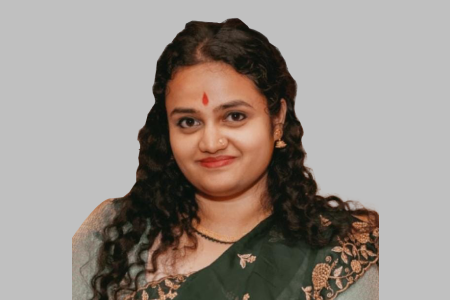
3. Chinmayi Srimushnam,
– Public Policy Student, Mount Carmel College (Fellowship 2023 – 24)
- ‘The Participatory Democracy Fellowship by the Bengaluru Political Action Committee allowed me to comprehend in depth the nuances of last-mile connectivity in a city as huge as Bengaluru. Gathering primary evidence, and analyzing the same through dynamic policy mechanisms, piqued my research interest. Having had the fortune of discussions with eminent players in the field, I also got an opportunity to present the findings of the research to the incumbent MLA. The fellowship gave me a packed view of the mobility scene in Bengaluru. Thankful to have gotten an opportunity to partake’
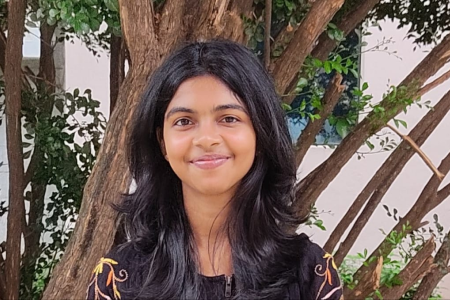
4. Sowdharshini Balasubramaniam,
– Public Policy Student, Mount Carmel College (Fellowship 2023 – 24)
- ‘The Bangalore Political Action Committee Fellowship was a transformative experience. It was an enriching experience that broadened my understanding of civic engagement and public policy. The program’s hands-on experiences provided invaluable insights into the intricate workings of local governance. Being involved in the assessment of bus stops and subsequently presenting the findings to the Member of Legislative Assembly was an empowering experience. The guidance and mentorship received throughout the fellowship were instrumental in shaping my perspective. I gained invaluable insights into policy-making, community engagement, and leadership skills, setting a strong foundation for my future endeavors in public service. I am extremely grateful to BPAC and our teachers for giving us this unique and enriching opportunity’
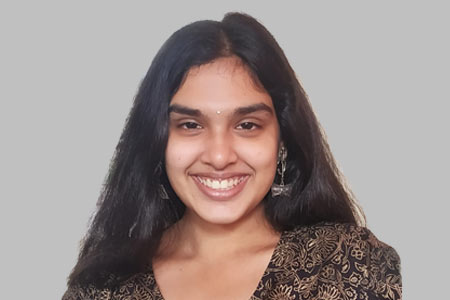
5. Bhavana,
– Public Policy Student, Mount Carmel College (Fellowship 2022 – 23)
- ‘ The fellowship added value to the knowledge I’ve acquired, giving me an opportunity to apply the same to gauge the gap between academics and ground realities. It was an enhancing learning experience, helped me unlearn and relearn many things, invoked questions, and clarified my perspective about Citizen’s engagement with Governance.The exposure I had brought many inputs to my trove of Knowledge. I gained many insights from the audit, and hope to apply the same for further opportunities in the future. I am grateful to B.Pac for the opportunity.’
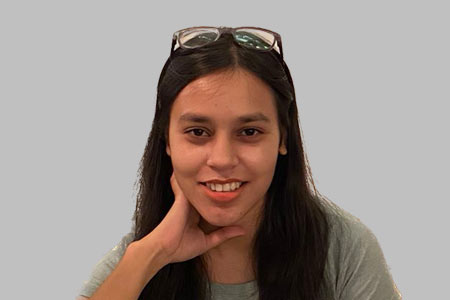
6. Prachi Yadav,
– Public Policy Student, Mount Carmel College (Fellowship 2022 – 23)
- ‘ The B.PAC Fellowship Programme was an enlightening opportunity for me to delve into the complexities of a policy and its on-ground implementation. Being a Public Policy student, my experience comprised survey design, police station assessment and recommendations on a further set of priorities. The major highlight of the fellowship for me was the report presentation to the Member of Legislative Assembly which ushered in a unique opportunity to interact with an elected representative and share my observations. Being the fellowship coordinator, I express my gratitude to B.PAC people and my teachers for facilitating a great learning platform for aspiring policymakers.’
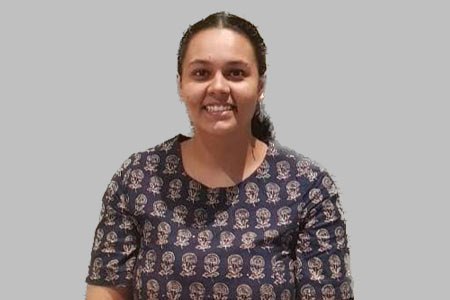
7. Aditi,
– Public Policy Student, Mount Carmel College (Fellowship 2022 – 23)
- ‘ The BPAC Fellowship Program has been an invaluable experience for me as a Public Policy Student. Within Bangalore, I had the unique opportunity to work hand-in-hand. People have gained experience over decades in the field dealing with various social issues. The experience helped broaden my knowledge of research, fieldwork, and resort writing to presenting it in front of the stakeholders. I believe the skills and information I have acquired throughout the program will be of tremendous help to me in the future. I will always cherish the working movements I shared with other fellowship members and the staff of BPAC and will keep it as my motivation for my coming days in the future. ‘
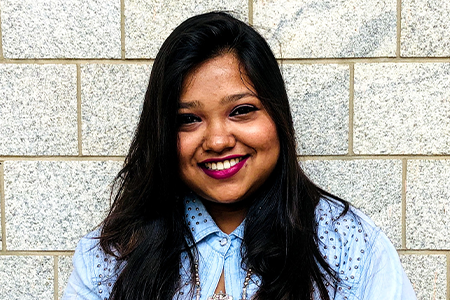
8. Mureal Guria
– Public Policy Student, Mount Carmel College (Fellowship 2019-20)
- ‘The Participatory Democracy Fellowship Program was a unique and new experience for me. Interaction with the Ward Corporators and BBMP Officials, visiting the BBMP Mayor council session, conducting surveys, talking to people in the ward and market area was a great experience. It was an enriching exposure to the office environment at the ward level. This Fellowship encouraged me and has seeded an idea in my mind about one of the pathways after completion of my public policy course.’
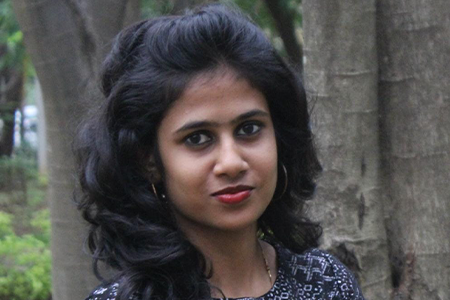
9. Divya Saravana
– Public Policy Student, Mount Carmel College (Fellowship 2019-20)
- ‘The Fellowship created an opportunity to learn local governance, stakeholder management and bureaucratic management. My time as a fellow was an intellectual feast: a rich buffet of conversation, provocation, and new ways of thinking about my own and other areas of inquiry. It was a thrill to be part of the stimulating and supportive community of residents, officers, the elected representatives and their team. I particularly enjoyed exploring the wards and the constituency, interacting with public and stakeholders and understood the importance of local governance relevant to policies, on the intersection of politics and social welfare. This program emphasised, ‘Approachability of the elected representative enhances citizen engagement. Citizen participation is key.’’

10. Navya
- ‘‘My time as a participant in the B.PAC’s Participatory Democracy Fellowship was a profound experience. It allowed me to have first-hand interaction with the various stakeholders essential for the functioning of Bengaluru’s Russell Market. Throughout the course of the fellowship, I developed a deep understanding of the intricate ecosystem of heritage market in the city, while honing my communication and teamwork skills. This resulted in a comprehensive and actionable report. I was able to unlearn presumptions, adapt to on-ground work, and enhance my observational skills. The experience and knowledge I have acquired through this fruitful experience will undoubtedly serve as a strong foundation in my career in Public Policy.’’

11. Arshiya
- ‘‘I am deeply grateful to B.PAC for providing me with the opportunity to work on the survey project for Russell Market. This experience has been both enriching and transformative, equipping me with crucial skills for professional development and enabling me to contribute to an impactful project. This program provided me invaluable learnings from the communication and leadership aspect. Interacting with various stakeholders and conducting field visits helped me develop my social skills and confidence in facing these real-life challenges. Working with such a dynamic team was incredibly rewarding, as it fostered a collaborative atmosphere and taught me important lessons about teamwork, coordination, and problem-solving. B.PAC has given me an extraordinary opportunity to learn, grow, and view the world through a broader community and research lens. This experience will undoubtedly benefit my career and personal development. ’’


